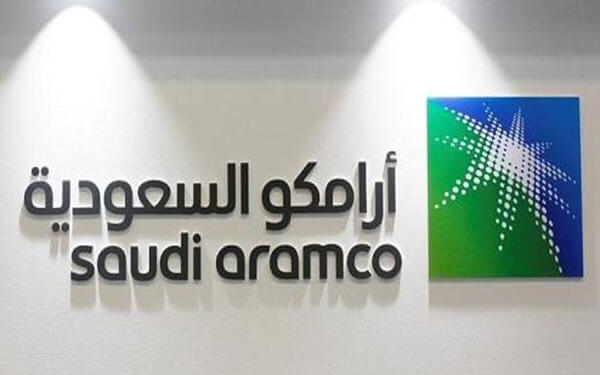
The oil industry risks a supply crunch as big energy companies focus on US shale and other short-term efforts over the long-term mega-projects seen in years past, the head of Saudi Arabia’s state energy giant said.
Amin Nasser, chief executive of Saudi Aramco, said rising investment into short-cycle output, which ebbs and flows faster than conventional projects, would not be enough to meet rising crude demand.
“Something like shale oil . . . it is not going to really create a major dent in total global supply requirements up until 2040,” said Mr Nasser in an interview with the Financial Times.
International energy majors are prioritising cutting costs and returning money to investors through dividends and share buybacks after a brutal industry downturn.
“It is an indication that companies are worried about meeting shareholder requirements,” said Mr Nasser of a reluctance to invest in projects that are costly and take more time to develop but tend to last longer.
Technological advances in hydraulic fracturing have unlocked vast amounts of oil from “tight” rock formations, and ExxonMobil, Chevron and Royal Dutch Shell are among those investing heavily in US shale fields, which generate cash quicker. But the world will still depend on conventional oil such as that from Saudi Arabia, the world’s biggest exporter.
Mr Nasser’s comments come as Saudi Arabia’s willingness and preparedness for a stock market listing of Saudi Aramco is in doubt amid concerns about legal exposure and an inability to generate the $2tn valuation sought by the kingdom’s powerful crown prince, Mohammed bin Salman.
“It is a sovereign decision,” Mr Nasser said, adding that Riyadh had yet to determine whether an IPO would take place.
Saudi Arabia’s oil production is also under scrutiny. US president Donald Trump has called on the kingdom to ramp up output by 2m b/d to calm rising oil prices, amid outages in Venezuela and an impending drop in Iranian supplies after the reimposition of oil sanctions. The US, despite the shale boom, is still reliant on foreign oil.
The kingdom has agreed to increase output by 1m b/d from May levels and energy analysts say the domestic output could reach a record 11m b/d. But Saudi Arabia has yet to agree it will pump at maximum capacity, which would leave little to no supply buffer in case of unplanned supply outages.
Mr Nasser, who was speaking before the Opec meeting, acknowledged that Saudi Arabia could not be relied upon alone to keep the oil market in check over the long term.
“Everybody needs to do his share . . . We will contribute, but how much we will contribute?” said Mr Nasser on ensuring there were enough supplies to meet global demand and counter the depleting output at existing fields.
Bob McNally at Washington-based Rapidan Group, an energy consultancy, said international oil companies were turning to short-cycle projects in part because Opec had shown it was not able “to anchor oil prices” — on the upside or downside — and protect returns over the longer term.
The International Energy Agency has said insufficient investment into new large-scale projects will lead to a supply shortfall in the early 2020s just as US shale production plateaus.
In the latter half of this decade, total capital expenditure by energy groups is expected to fall by nearly half to $443.5bn from $875.1bn between 2010-15, according to consultancy Rystad Energy.
Part of this is to do with a drop in oilfield development costs but it also coincides with big energy groups funnelling more money into shorter-term projects as well as renewables, as they try to secure their future in a low-carbon energy world.
Energy majors such as BP and Shell say they do not see a supply shortfall yet. But industry executives say companies are mindful of a time in the future when oil demand might peak — a factor that is also dictating investment strategies.
Mr Nasser, who manages the vast hydrocarbon resources that generate the bulk of Saudi Arabia’s government revenues, said the notion that the country’s oilfields could be left unused was “baseless”.
Source: FT.com